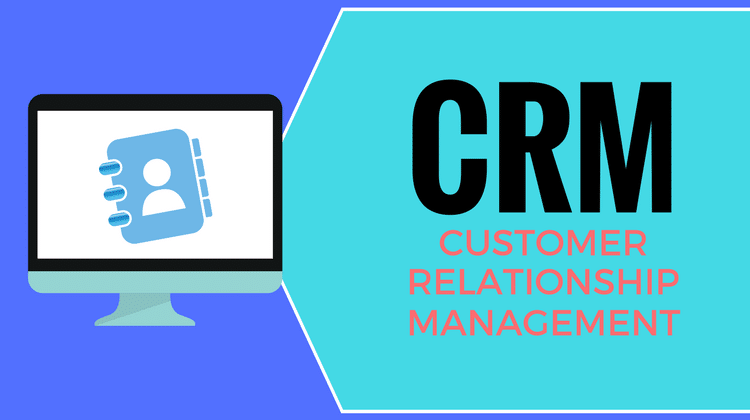
Sponsored by Salesforce:
CRM vendors are increasingly customizing their product for the small and mid-sized business segment. As such, vendors are providing software as a service (SaaS) options helping companies integrate CRM with other technologies to achieve a better understanding of their customer relationships. Initially, CRM vendors targeted big business but in the recent past, vendors such as Salesforce are providing SaaS CRM solutions.
A CRM: What is it?
However, most of these solutions are not always effective. CRM software gives you the ability to manage your customer data efficiently and profitably. Active CRMs provide comprehensive and organized views of your clients, prospects, and team interactions. A decrease in the price of CRM applications has led to the widespread adoption of CRM solutions based on the SaaS model. Given this reason, an increasing number of small businesses have embraced CRMs in their operations.
Every enterprise requires a CRM system whether it is a combination of spreadsheets, Post-It notes, Rolodex, and the like. Licensed SaaS CRM offerings begin at a couple of hundred dollars and go up accordingly. Some vendors may charge you a maintenance fee of 20% of the initial setup costs. Even so, your company enjoys the full benefits of a licensed CRM solution running on your computers with data stored on your server instead of on the vendor’s servers.
CRM Features to Look For
Whether your CRM solution is hosted or licensed, pay attention to the following functions:
Application Programming Interface (API)
Your CRM API facilitates seamless interlinking with your other data processing infrastructure or applications. In turn, this eliminates data duplication across a company’s different applications.
Multiple Contact Information
A good CRM solution should allow for ease and flexibility in organizing information using fields such as customer name, order number, date, company name, and location, among others. This simplifies your ability to view interactions between clients and multiple entities.
Dashboards
Your CRM solution should generate summary reports of pending sales opportunities across you customer and employee interaction data sets. With these summaries, you can maximize your sales conversion targets and ratios.
Delegation
The adopted CRM solution should allow your employees flexibility and leverage in delegating tasks to colleagues.
Information Entry and Access
Dynamic CRMs should be easy to access and support secure data entry operations across multiple locations and devices. For example, employees pursuing a sales lead should be able to transmit a client’s details directly to the CRM using their mobile phones. Given that, the CRM should ensure both staff and customers can access recorded data from any platform or device.
Why Acquire a CRM?
The importance of a good CRM cannot be understated. Typically, for businesses today, CRM solutions span across multiple product lines and service channels. As a result, companies can keep pace with evolving competition and regulatory environments. Remember that the web has made it easy for customers to relay complaints and find alternative product or service options. A company that underperforms in customer relationship management eventually will lose a considerable chunk of its revenue. As a result, failure to implement a successful CRM strategy ultimately leads to negative consequences.